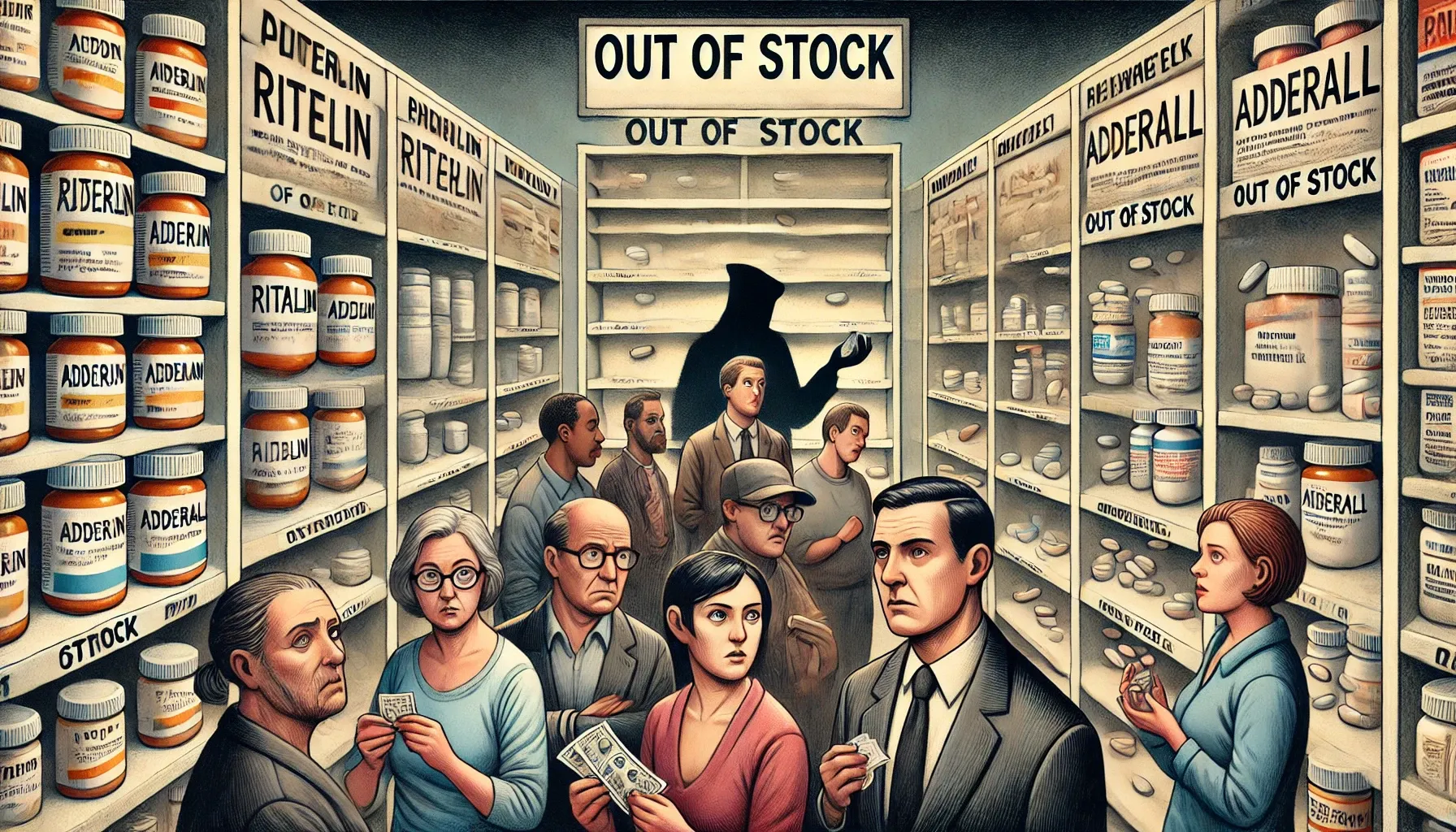The ADHD Medication Shortage: Understanding the Crisis and Its Impact

The shortage of ADHD medications like Ritalin has become a pressing issue, leaving many without access to the treatments they rely on daily. This scarcity affects not only Ritalin but also other commonly prescribed ADHD drugs, disrupting the lives of countless individuals who depend on them for managing their symptoms.
Extent of the Shortage
Over the past year, pharmacies and healthcare providers have reported significant difficulties in obtaining ADHD medications. Patients often face empty shelves or delayed prescriptions, causing interruptions in their treatment plans. The shortage is widespread, affecting both urban and rural areas, and has been felt across various age groups who require these medications for effective symptom management.
Reasons Behind the Shortage
Several factors contribute to the current scarcity:
- Increased Demand: There has been a notable rise in ADHD diagnoses, leading to higher prescription rates and subsequently increasing the demand for medications.
- Manufacturing Delays: Production issues, including shortages of raw materials and challenges in manufacturing processes, have slowed down the output of these drugs.
- Regulatory Constraints: ADHD medications are controlled substances, which means their production is tightly regulated, limiting the ability of manufacturers to quickly scale up supply in response to shortages.
- Supply Chain Disruptions: Global events have impacted supply chains, causing delays in the distribution of medications from manufacturers to pharmacies.
Impact on Individuals
The shortage has significant repercussions:
- Treatment Interruptions: Patients are forced to skip doses or go without medication entirely, leading to unmanaged symptoms like inattention, hyperactivity, and impulsivity.
- Mental Health Struggles: The inability to access medication can exacerbate anxiety, depression, and other co-occurring mental health conditions.
- Academic and Professional Challenges: Students and working professionals may find it difficult to concentrate and perform effectively, impacting their educational and career progress.
Exploitation Through Illegal Reselling
In response to the shortage, there's been an uptick in the illegal resale of ADHD medications. Some individuals are taking advantage of the high demand and limited supply by selling these drugs at inflated prices. This underground market not only capitalizes on those in desperate need but also raises concerns about the authenticity and safety of medications obtained outside legal channels.
Moving Forward
Addressing the ADHD medication shortage requires a multifaceted approach:
- Collaboration Among Stakeholders: Manufacturers, healthcare providers, and regulatory bodies need to work together to identify bottlenecks and increase production without compromising safety.
- Policy Revisions: Reevaluating regulations that limit production could help manufacturers meet the growing demand more effectively.
- Support Systems: Providing alternative treatments or support for those affected can mitigate the impact until the shortage is resolved.
Conclusion
The shortage of ADHD medications like Ritalin is a complex issue with far-reaching effects on individuals' daily lives. Understanding the factors contributing to the scarcity and acknowledging the challenges faced by those affected is crucial. Collective efforts are needed to ensure that everyone who requires these essential medications can access them reliably.
